Even professionals have to deal with performance anxiety. It's a natural part of being a musician!
Take a look behind the scenes as I practice, rehearse, and perform the first movement of the Elgar concerto with a local community orchestra. I'll bring you along for the emotional rollercoaster of being a soloist!
Take a look behind the scenes as I practice, rehearse, and perform the first movement of the Elgar concerto with a local community orchestra. I'll bring you along for the emotional rollercoaster of being a soloist!

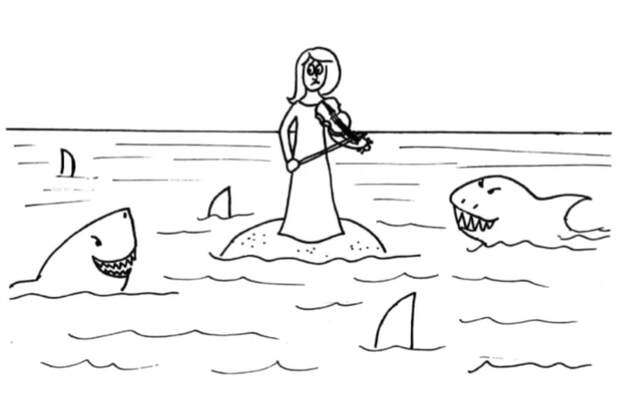
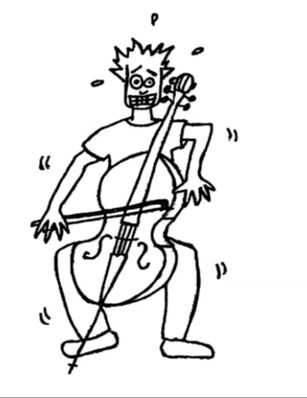
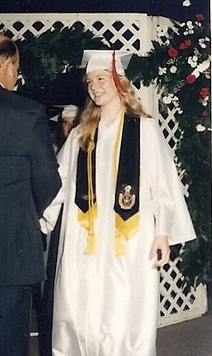
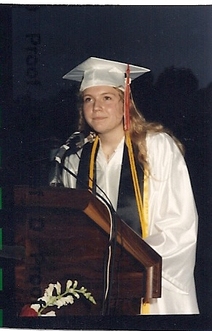
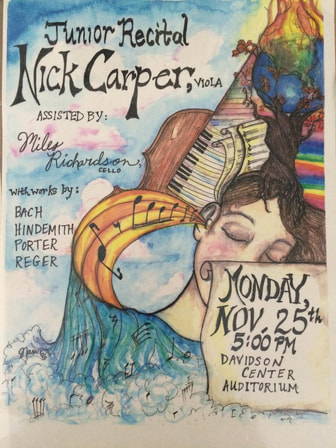
 RSS Feed
RSS Feed